by hans kalliwoda | Sep 17, 2023
The TU Darmstadt is at the forefront of 3D scanning technology. The Dutch Nature Museum Naturalis in Leiden has generously provided us with the original specimens of the 104 wild bee species found in Amsterdam. What sets the TU Darmstadt apart is its possession of...
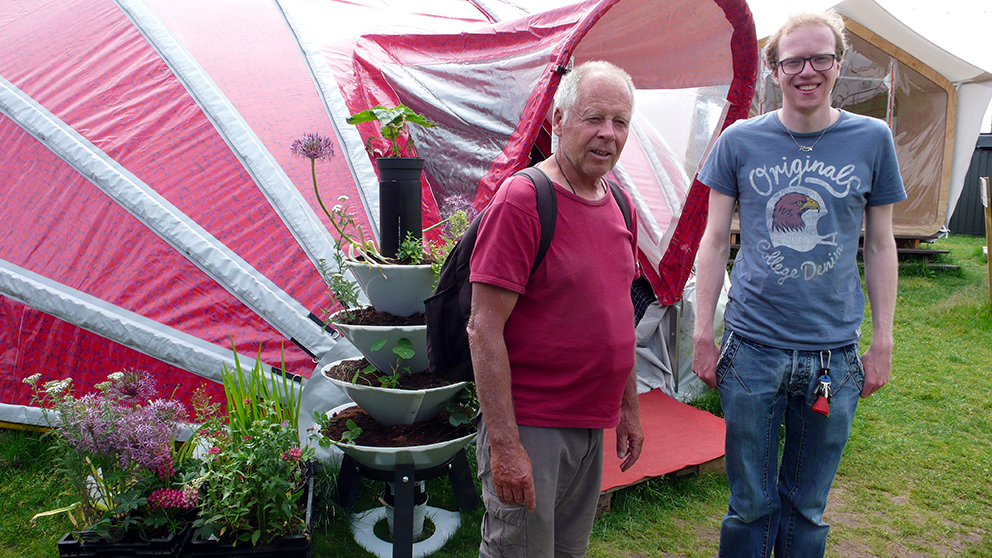
by hans kalliwoda | Sep 13, 2023
Our association with Arie Koster commenced in 2014 and has encompassed a diverse range of collaborative endeavours. His involvement has been instrumental, providing invaluable guidance on matters spanning from the meticulous quality control of our bee hotels to the...
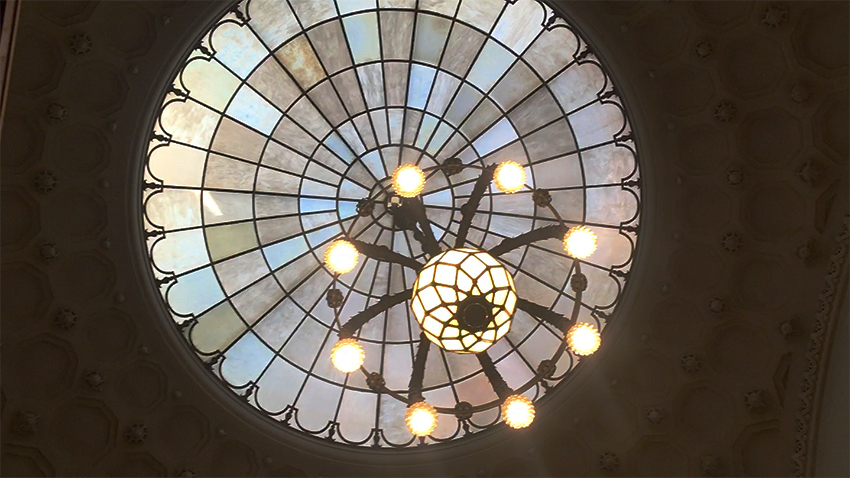
by hans kalliwoda | Sep 13, 2023
Introduction: Visit to the Munich/Nymphenburg Botanical Garden The task of preventing the extinction of the complete spectrum of pollinator species is a challenge most intimately grasped by individuals involved in the operations of botanical gardens. Bob Ursem, given...
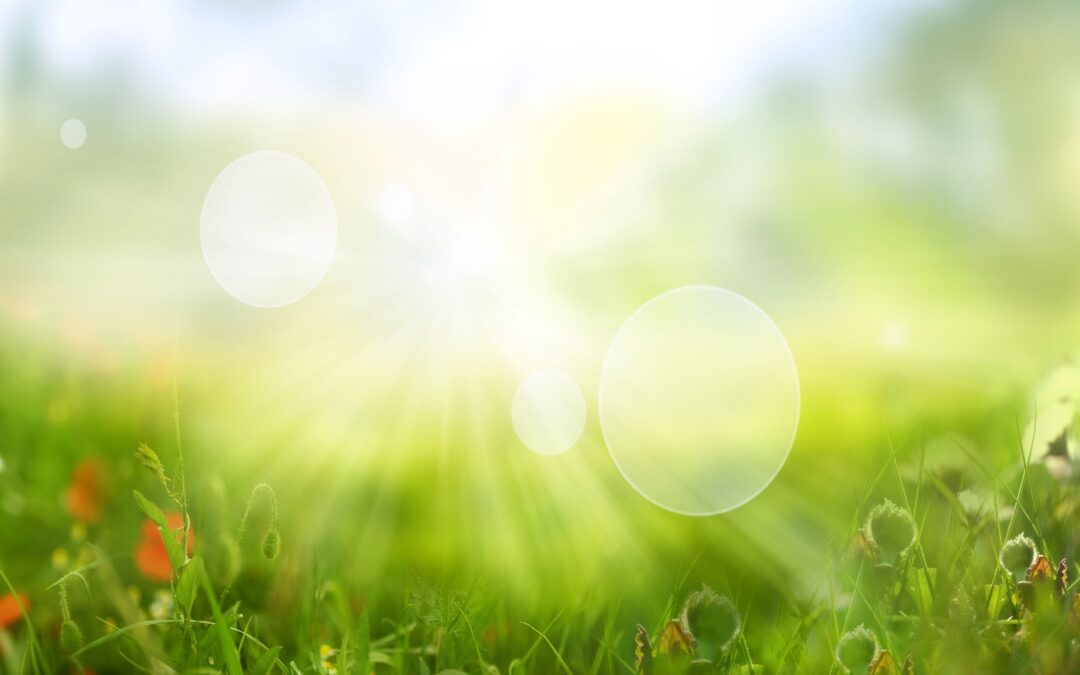
by hans kalliwoda | Sep 12, 2023
Bees do much better in inner cities than in the countryside – streets, squares and neighbourhoods are dedicated to diverse species of wild bee. It is hard to believe, but it is scientifically proven that bees do much better in inner cities than in the countryside....
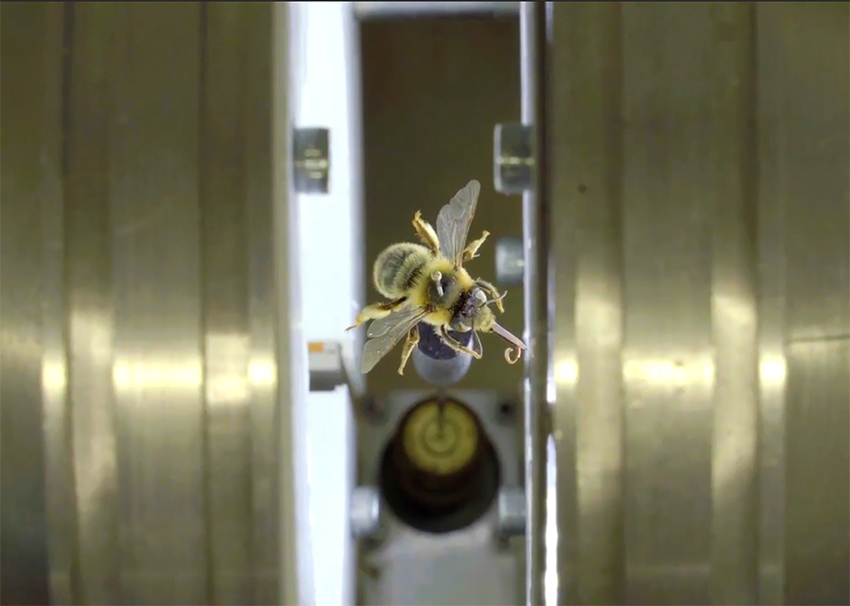
by hans kalliwoda | Sep 12, 2023
In our quest to find Europe’s most advanced 3D scanning facility, we encountered the Department for Ecological Networks at Darmstadt University of Technology. We promptly scheduled a meeting with Michael to introduce our concept of the City as a (temporary)...
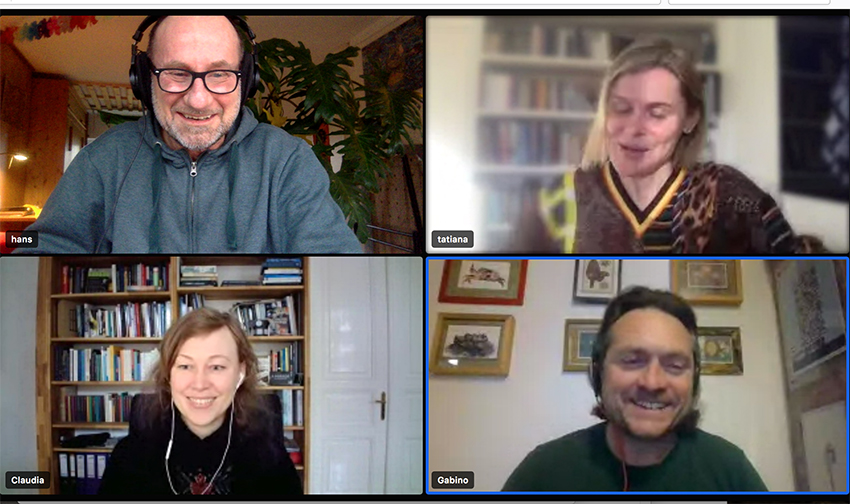
by hans kalliwoda | Sep 12, 2023
As we continuously seek out progressive people in the realm of urban ecology across Europe, we serendipitously crossed paths with Gabino. Shortly thereafter, we received an invitation by Claudia Schnugg a collaborator of Quo Artis, a Barcelona-based foundation that...




